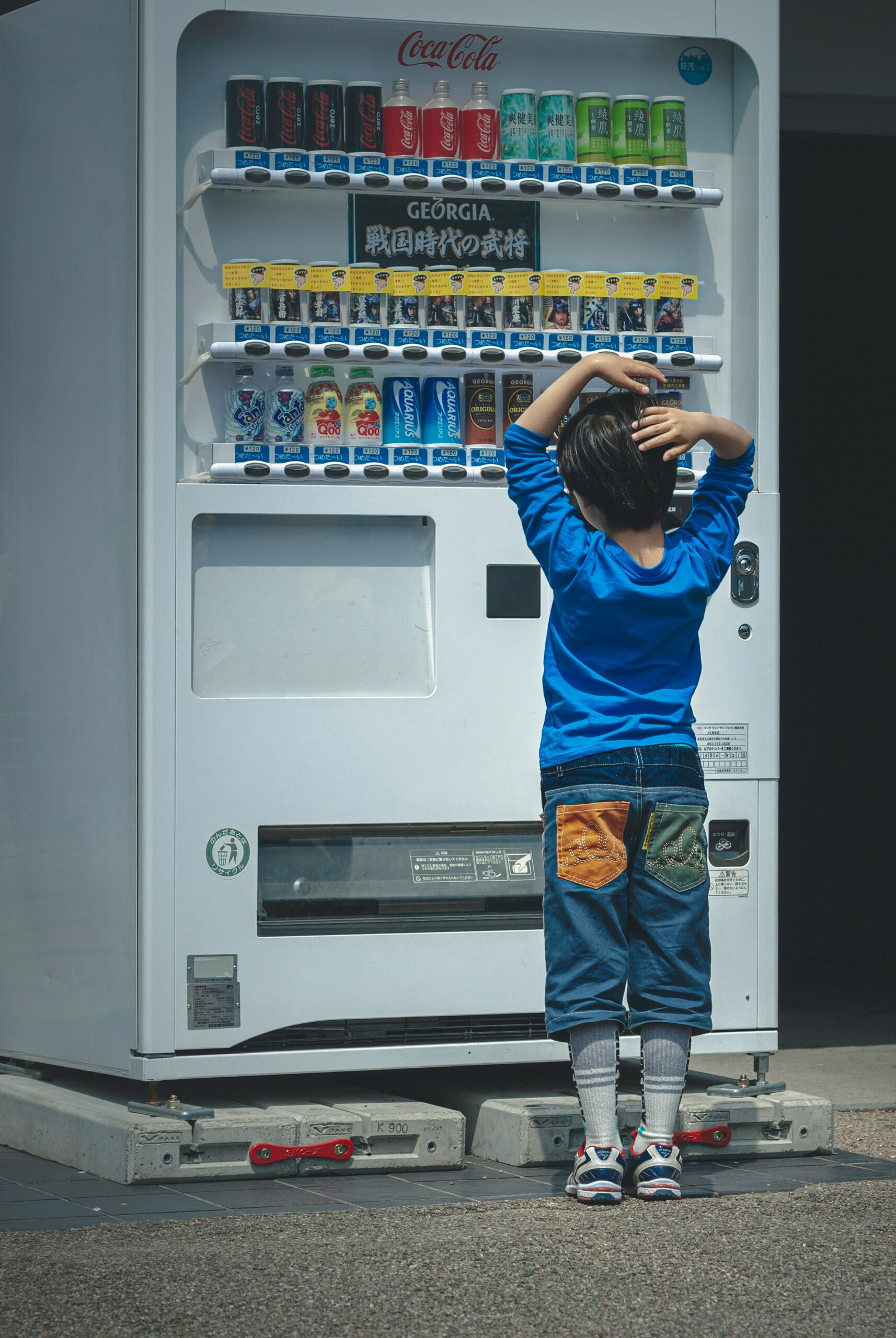While reading Aoki’s Chapter 16, Humiliating the Cartesian Ego, the concept of “this/that and more” struck a chord with me. Much of my teaching career has been focused on integrating technology to help 21st-century learners, so I am working to obtain a Master of Education in Technology studies. When I started, I, too, felt the balance and burdens of technology and feel that argument is still evident today. However, there needs to be a balance of technology in education and more focus on the constructive uses of technology on students’ learning experiences to create authentic learning experiences. Being purposeful in integrating technology and demonstrating preferred usage sets students up for success. Purposely selecting technology to meet pre-determined objectives or purposefully integrating technology choices in your teaching practice helps students to learn authentically as 21st-century learners. For example, when I have summative assessments, I always give my students choices, including technology, no technology, or hybrids of various formats. I allow them to choose the format they want to use. It’s interesting to see their choices. Students you think are tech-savvy because they are always on their phone or a laptop actually prefer doing work by hand. I am always open to suggestions of how students wish to demonstrate their learning. After listing 6 or more choices, a student may want to demonstrate their knowledge in another way; I will always say yes unless they cannot make connections between the objectives and their chosen format – very rarely have I ever said no. Sometimes I will make suggestions to students to ensure that they meet the requirements and are set up for success.

Photo by Egor Myznik on Unsplash
Reflecting on my teaching practice, I note that there is an ‘either/or’ mind frame at times, but I also let students know they are welcome to share or explain other ways of looking at materials. I acknowledge I can be very Cartesian-oriented in academic thinking, but I am also open to suggestions from students or colleagues. If I was not open-minded, I don’t think I would ever grow as a person or a professional. I guess I do tend to live in ‘this/that and more’ world then? I’m not sure at this moment but am intrigued by this concept. I feel it really does lend itself to encapsulate what being an educator is. Having an open mind and classroom allows for students to grow as well. This open-mindedness is not just a personal trait, but a professional necessity that fosters growth and development in both educators and students.
Leave a Reply